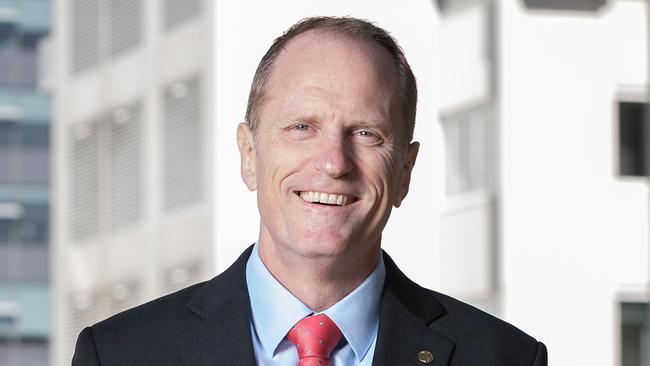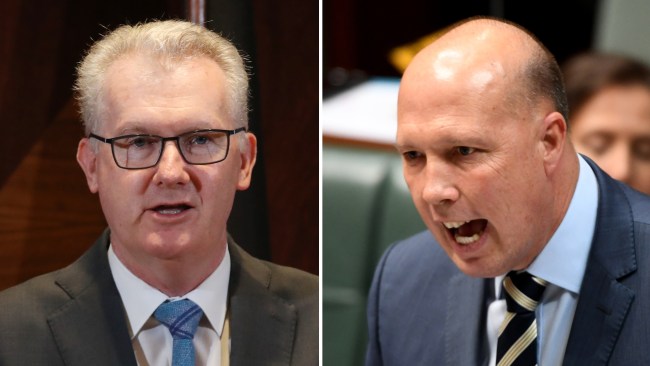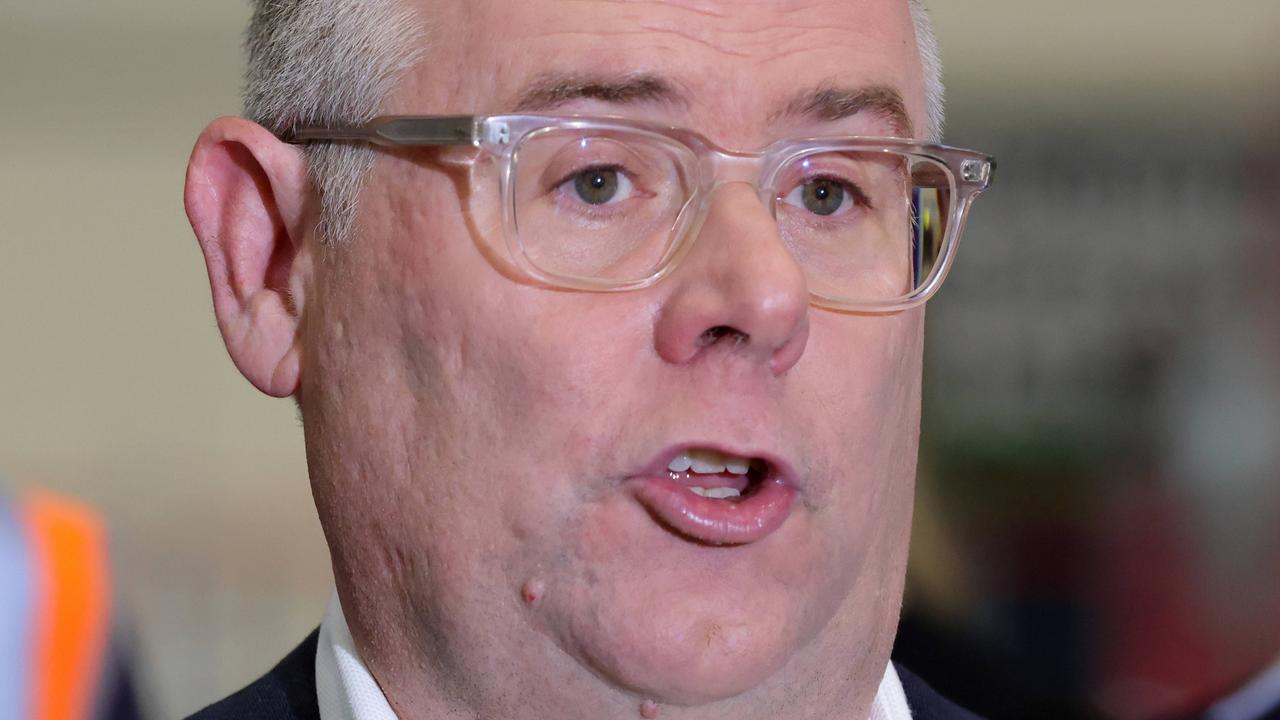Report slams plans for gas exports cap
The oil and gas industry is launching a new assault on a potential gas reservation scheme.

The oil and gas industry is launching a new assault on a potential gas reservation scheme, releasing international evidence claiming the policy discourages investment and does not guarantee lower domestic prices.
A report by EnergyQuest, commissioned by the Australian Petroleum Production and Exploration Association, states that government interventions to reduce wholesale gas prices “are often unsustainable and have numerous negative side-effects in terms of economic, energy and environmental policy”.
The Morrison government in October began the process of implementing a national gas reservation system, seeking input from state governments, gas companies and energy users before a “final decision is made” by June next year.
The report, which examines the policies of 20 countries that produce three-quarters of the world’s gas, claims that no OECD country in the study has intervened in its market to cap exports.
“The US and Canadian export controls have not been used in practice to restrict gas exports,” the report states.
Norway, Europe’s biggest gas producer, exports most of its gas.
“Neither the Netherlands nor the UK, the other two significant European gas producers, has domestic gas policies to favour local industry, even though they are now moving from being large exporters of gas to net importers,” the report finds.
“Overall, developed OECD countries have sustainable gas prices, avoid gas shortages and are able to meet high environmental standards in gas development and use.”
Governments of all of the 15 developing countries in the study — including Qatar, Oman, Egypt and Russia — intervened in setting the price for gas.
“Regulation does not necessarily produce low gas prices in these countries,” the report states.
“Many of the countries with heavily regulated gas prices need to import gas or consider developing other expensive forms of energy. They then have the challenge of reconciling expensive imports with low regulated domestic gas prices and under-investment in gas exploration and development.”
APPEA chief executive Andrew McConville said the analysis showed the “consequences of reservation policy are harmful”.
“When governments intervene in gas markets — through price controls or reservation schemes — the knock-on effect is a drying up of capital investment in exploration and production,” Mr McConville said.
“Rather than improving gas supply or reducing prices, interventions can impede the very investment needed to bring on new supplies.
“A far more sustainable solution is to support investment that increases supply.”



